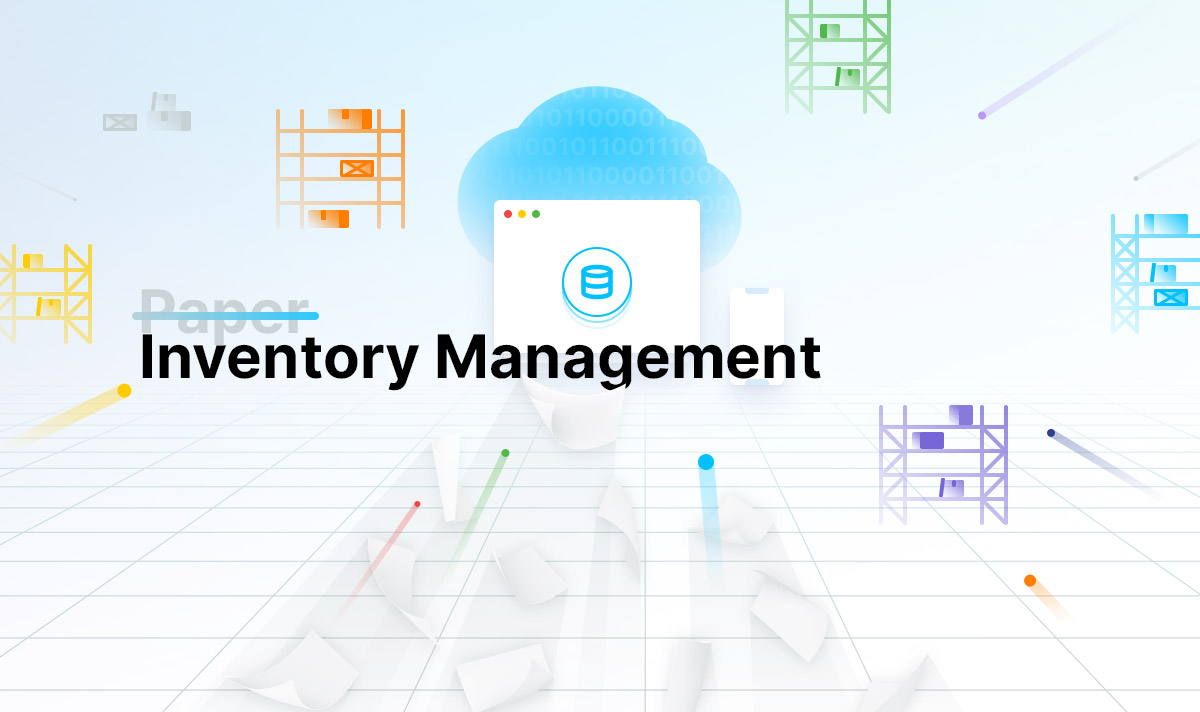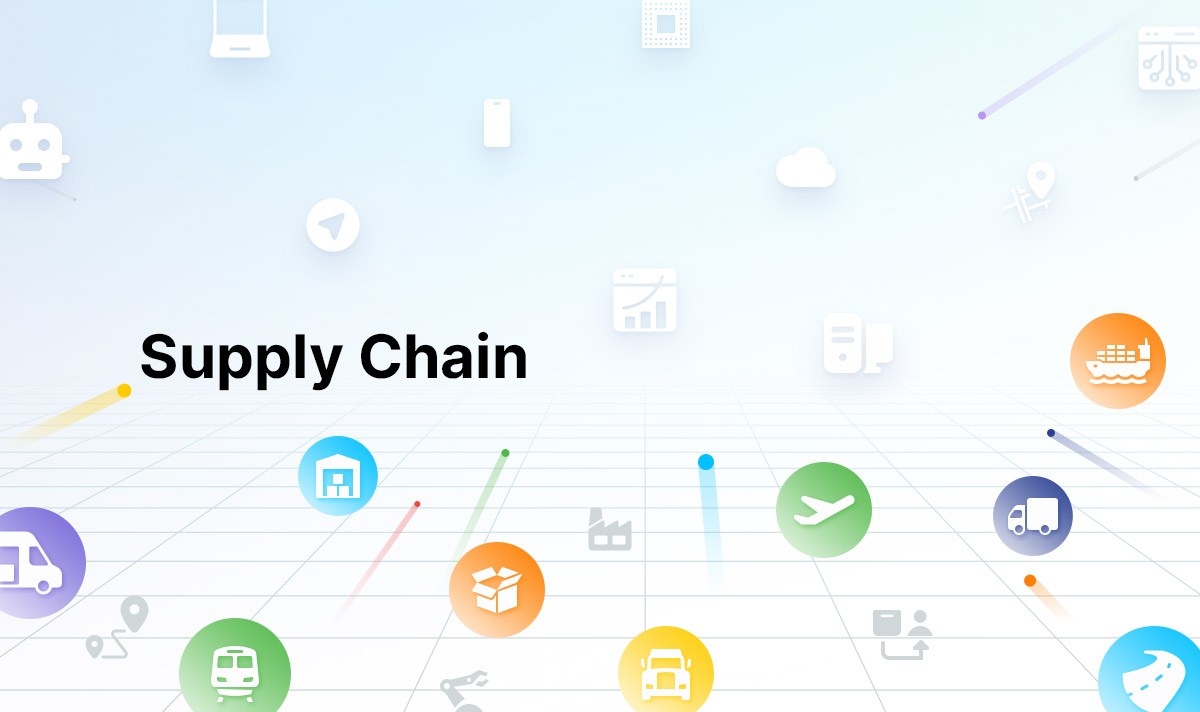Companies are gaining access to a level of visibility into their operations that transforms manufacturing traceability from a pen-and-paper tracking exercise to a competitive differentiator by implementing contemporary methods of identification. Innovative labeling technologies, machine and business integration, and potent data analytics enable actionable insights that boost productivity, revenue, and profits.
Let’s imagine an example of PlayWorld Toys, a global toy manufacturer, showcasing the importance of decoding traceability in manufacturing. By implementing a robust traceability system, PlayWorld Toys ensured product safety, maintained supply chain integrity, and built consumer trust.
They tracked the origin and journey of materials, verified safety standards, and addressed ethical concerns. Decoding traceability provided real-time visibility into inventory and optimized operations. Transparent communication with customers enhanced their trust and confidence in the brand.
PlayWorld Toys’ commitment to traceability exemplifies how it benefits manufacturers by meeting customer expectations and contributing to a sustainable and responsible industry.
Before we dive into the benefits of Manufacturing Traceability let’s discuss what exactly it is.
What Exactly Is Manufacturing Traceability?
The ability to trace materials, components, and finished goods (individual, batch, lot, and shipment) across the manufacturing process and into the supply chain is called traceability in the manufacturing industry. Since the days of manual tracking and hand-kept records, a lot has changed.
By enabling manufacturers to track anything a barcode could be associated with, including raw materials, components, subcomponents, and finished goods, barcode technology changed the game.
Using sophisticated barcode, RFID, and data analytics technologies, today’s manufacturing tracking systems assist businesses in ensuring quality, increasing productivity, and maintaining compliance.
These technologies give them real-time production traceability – insight into production processes, not just physical items – from the time raw materials and parts enter their operational stream until finished products leave the facility.
Why It is Important to Have Traceability in Manufacturing
A little bit of prevention can save you a lot of money in the long run, as the saying goes. Adopting reliable manufacturing traceability tools, technologies, and processes has several advantages, such as:
Reliable Data
Data collection is the first step in product traceability. Not just any data, but meaningful information that not only provides valuable information but also generates valuable insights.
Any object to which a barcode label or RFID tag can be attached offers the chance to share and gather data about a substance, component, or finished good. They can store a wide range of information, including prices and points of origin, as well as certifications, tolerances, and material handling.
A High Level of Productivity
Knowing exactly how materials, components, and finished goods move through the manufacturing process enhances inventory forecasting, maximizes equipment and labor utilization, minimizes inventory shrinkage, and lowers the price of scrap, rework, and recalls, making overproduction more reliable, efficient, and cost-effective.
Manufacturers can protect themselves from expensive workflow disruptions by using that 360-degree view. As mentioned above RFID tags and barcode labels both offer data that can be used to specify the subsequent steps in an automated production process.
Risk Management
In industries that experience product recalls, product traceability is crucial. Manufacturers can quickly recognize and isolate problems using data analytics and can avoid repeating them in the future by being able to pinpoint the origin, history, and distribution of raw materials, parts, and finished products.
Companies can avoid unexpected costs and long-term harm to their brand’s reputation by having the ability to identify and proactively address potential problems.
Quality Assurance
A 360-degree, holistic view of operations is provided by manufacturing tracking systems using real-time data from connected devices for quicker problem identification and ongoing process improvement.
By automating and speeding up data collection and analysis, audits, inspections, tests, appraisals, and other activities – tasks that were formerly manual and therefore more sporadic and susceptible to human error – they lower the “cost of quality”. Additionally, for lean manufacturing, these systems are invaluable in lowering work in progress.
Efficient Analytics
Companies can use robust data analytics software to quickly, accurately, and data-driven make decisions thanks to manufacturing tracking systems that collect data in real-time.
Analytics offers a method for troubleshooting manufacturing problems and experimenting with solutions to prevent them in the future without slowing down production. The ability to recognize historical trends and use them as a launching point for process improvement is another benefit of keeping an accurate genealogical database.
Improved Accuracy
Inventory, equipment, labor, process change, profitability, and other types of production and business forecasting are all improved by the real-time data and analytics that automated internal traceability systems offer.
When it matters the most, it also provides origin, location, and genealogical accuracy to avoid or reduce liability. The collaboration is made possible by easily shareable data and “one version of the truth” reporting is not possible with manual data collection and analysis because they are not as timely or accurate.
Revenue Possibilities
Customers value products with optimal manufacturing procedures highly. Production traceability software and applications’ analytics capabilities give businesses edges to test for scalability, process change, and new equipment without disrupting operations.
Achieving Profitability
Operational effectiveness is the cornerstone of profitability, and contemporary manufacturing tracking systems give businesses access to a wider range of levers for boosting profits, from opportunities to increase production effectiveness to quality control measures.
Manufacturing Traceability and Industry 4.0 Leading the Way
As manufacturers embrace these next-generation practices, the entire industry is poised for significant advancements. Supply chains will become more transparent, efficient, and responsive. Manufacturing traceability and Industry 4.0 are not just passing trends; they are the future of manufacturing.
Companies that recognize and embrace these advancements will be at the forefront of innovation and success. The possibilities are endless, and the time to embark on this transformative journey is now.
Let’s embrace manufacturing traceability and Industry 4.0 with our sophisticated solutions to unlock new levels of efficiency, competitiveness, and customer satisfaction in the dynamic world of manufacturing. Say goodbye to traditional paperwork processes and unlock the benefits of real-time collaboration, and mutual traceability 101.






